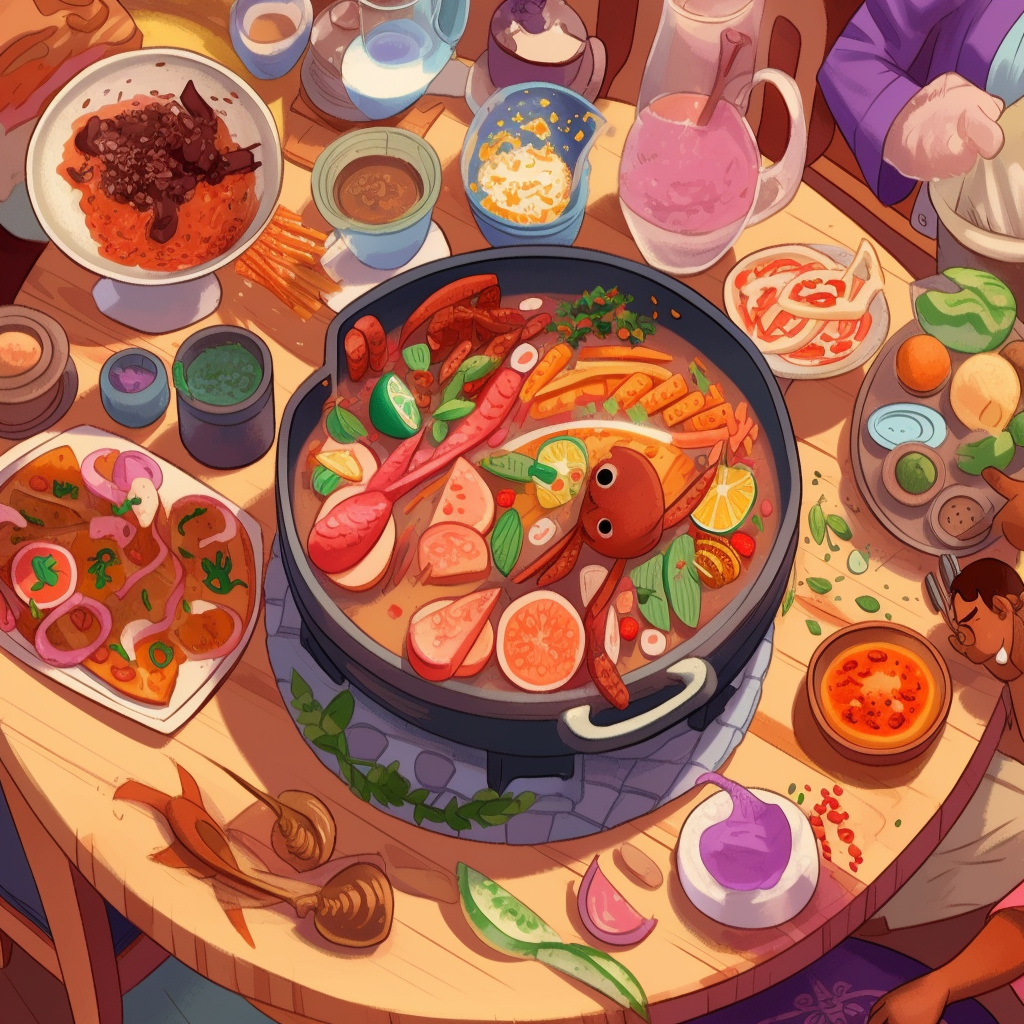Why Do Some Cultures Not Eat Certain Foods, But Others Do?
Introduction:
Different cultures around the world have their own unique food preferences. Some cultures avoid certain foods while others happily include them in their diets. This can be due to a variety of reasons, such as historical, geographical, religious, or even personal choices. Let’s explore why certain cultures do not eat certain foods while others do!
1. Historical Reasons
Explanation:
The historical background of a culture plays a significant role in shaping its food choices. Throughout history, people developed distinct ways of eating based on what was available to them in their environment. For example, early civilizations that lived near rivers or seas often relied on fish as a staple food, while communities settled in fertile land grew crops like rice, wheat, and corn.
2. Geographical Factors
Explanation:
Geography can greatly impact the availability of certain foods in different regions. Cultures living in colder climates may not have access to tropical fruits like bananas or mangoes, which require warmer conditions to grow. Similarly, cultures located far from the sea may not include seafood in their diet due to limited access to fresh fish.
3. Religious and Cultural Beliefs
Explanation:
Religion and cultural beliefs often influence dietary practices. For example, Hindus avoid eating beef because they consider cows sacred. Likewise, Muslims abstain from eating pork as it is prohibited in Islam. Judaism has dietary laws called kosher, which dictate certain food restrictions and preparation methods. These beliefs and practices shape the food choices of different cultures.
4. Personal Preferences
Explanation:
Sometimes, personal preferences and taste preferences can also lead to differences in food choices among cultures. What one person finds delicious, another might not enjoy at all. These individual preferences can influence what foods are commonly eaten within a culture.
5. Health and Nutritional Considerations
Explanation:
Health and nutritional factors can also impact food choices. Some cultures may avoid certain foods due to allergies or intolerances, while others may place importance on consuming specific foods for their health benefits. For example, in some cultures, vegetarianism is practiced to ensure a balanced diet without relying on meat.
Conclusion:
There are various reasons why some cultures do not eat certain foods while others do. These reasons can range from historical and geographical factors to religious beliefs and personal preferences. Cultural diversity in food choices makes the world an interesting place, allowing us to explore different tastes and flavors from around the globe. Understanding and respecting these differences helps us appreciate the rich tapestry of cultures and their culinary traditions.












